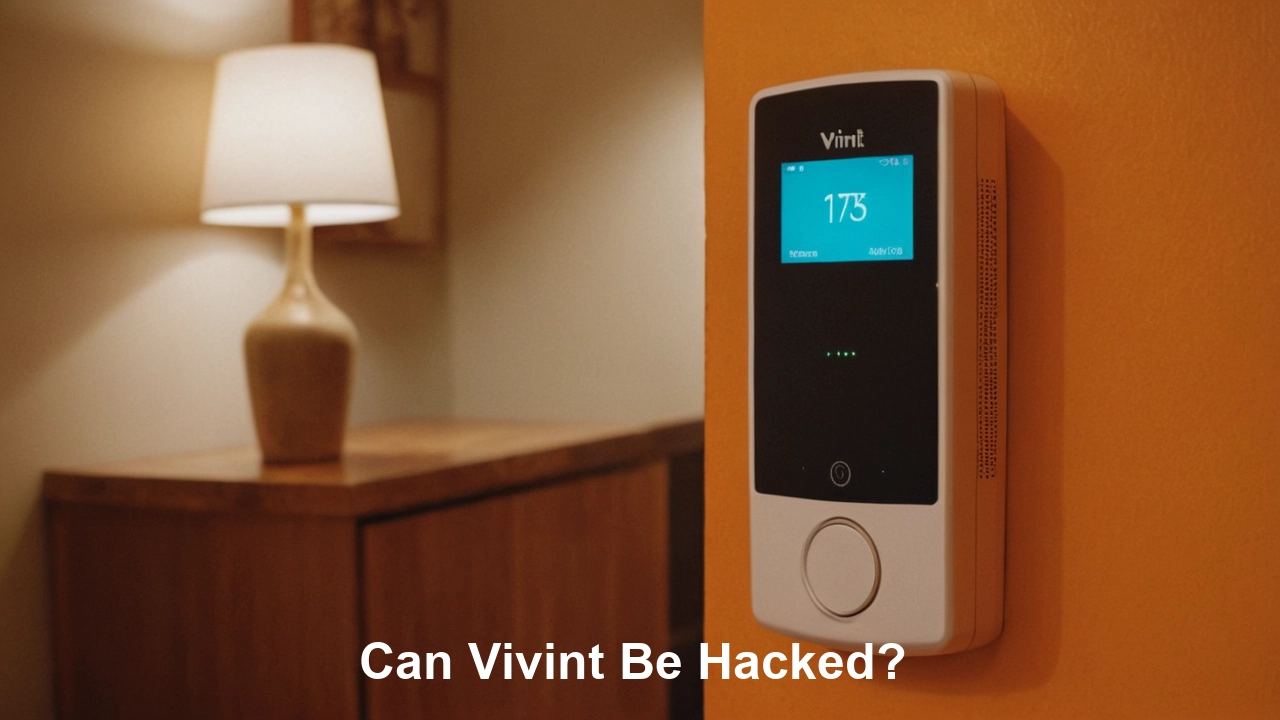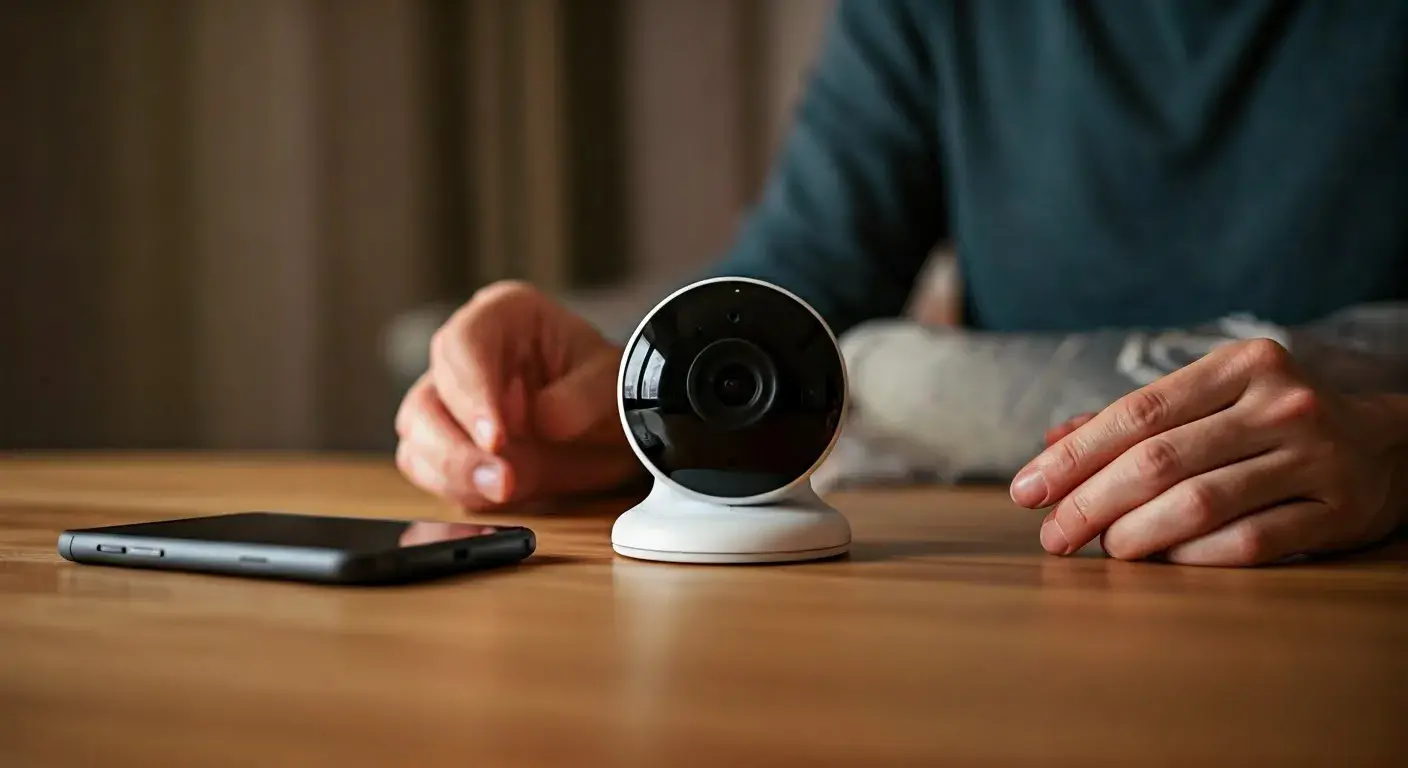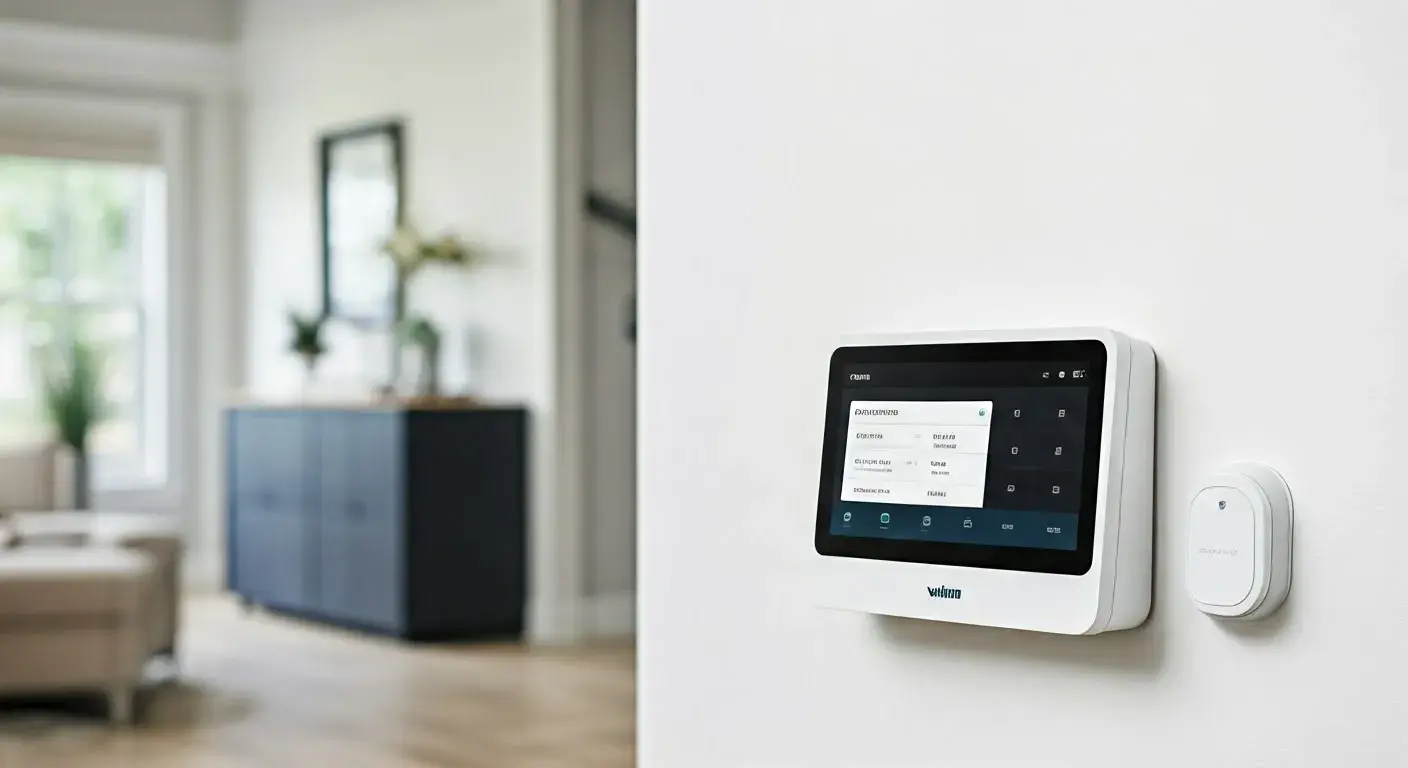Vivint Smart Home Security System is one of the largest providers of smart home security services in America. Some of the products the company deals in include video surveillance cameras, door controls, motion sensors, and smoke detectors, among others that are used in accessing homes. Vivint’s systems are advertised as being full-service home protection and smart home solutions.
With internet-connected devices potentially vulnerable to cyber attacks, an important question for homeowners considering Vivint or any smart home system is: is it possible to hack the system? It would be useful to learn more about the hacking risk so that you can make the right choice regarding the company that you hire for home security.
How Vivint's System Works?
It is crucially important to have some background knowledge about how their systems work to determine whether or not Vivint can be hacked. The main components are:
The control panel – serves as the main interface to all the devices and sensors within the system through wireless connectivity standards such as wireless fidelity, cellular, and Bluetooth among others. That is through the Vivint app, allowing remote access and control.
Mobile application - The Vivint home security also comes with a smartphone and website portal to view cameras, activate the security system, manage smart homes, and more. The videos recorded are stored in a cloud.
Smart home devices - These devices include smart cameras, smart doorbells, smart locks, smart thermostats, smoke detectors, and water leak sensors among others. Many of them can connect to the control panel through the wireless mode.
Therefore, at the core of its operation, Vivint presupposes the exchange of signals between connected devices and the World Wide Web to facilitate remote control and management.
I’m wondering if Vivint’s Control Panel can be hacked in some way.
With the help of the control panel referred to as Vivint, all operations in the system are regulated. Thus, if the system were to be compromised, a criminal would be able to turn off the alarm or receive access to control various elements, such as locks, cameras, etc.
It is worth noting that to ensure the privacy and confidentiality of the communication between the devices and the control panel Vivint employs encryption and authentication. Thus, outsiders would find it hard to gain entry into these protections.
However, the study conducted by researchers has shown that there are some vulnerabilities in smart home hubs that hackers can take advantage of such as spoofing wireless protocols. While it may be highly effective in current and near-future scenarios, encryption can also be compromised, and particularly by specialized hackers.
But as we saw, hacking the panel directly is still a possible scenario, although Vivint tries to deal with it through regular software updates and network security. The risk of getting the milk ruined is low but not negligible.
Are Vivint’s Mobile or Web Apps Vulnerable to Hackers?
Access to Vivint’s mobile or web applications may not grant the attacker the full extent of control that the panel does, but it grants much of it.
To prevent the creation of fake accounts, Vivint uses the protocol of email verification and compels users to come up with a hard-to-crack password for their accounts. This offers a basic level of security and it is my opinion that this is the only reason the original mode was introduced.
However, there are cases where hackers have tricked users into providing credentials through phishing emails or stolen passwords of other websites and gain access to smart home apps. It will then be possible for them to neutralize some of the systems.
From the case, it can be seen that Vivint employs good operational security to monitor intrusions and prevent individuals from gaining access to other accounts. Multifactor authentication is a bonus to the account as well as the records of the users.
Thus, though not an insurmountable task, hacking Vivint’s cloud services is going to be quite a challenge for the wrong-doers. It also remains responsive to potential risks related to the app.
Can individual smart home devices be hacked?
Smart home devices provide a convenient way for homeowners and renters to automate their homes, making it seem like something out of a sci-fi movie.
While the Smart Home panel and apps appear to remain invulnerable, numerous people query “Can the Smart Home devices themselves be breached individually?”
Cybersecurity experts have demonstrated that this is possible for certain IoT devices that do not have adequate safeguards in place. These types of attacks make it possible for the intruders to gain control of the camera feeds or even open the doors.
Vivint designs its own smart home devices and installs them to a higher security standard than many of the consumer-based smart home gadgets. They employ the use of encryption and appear to be less prone to software vulnerabilities as compared to other brands subjected to the scrutiny of security firms.
However, there is always a possibility of firmware defects or wireless protocol vulnerabilities. New methods of hacking are developed all the time, so total security is an unattainable goal.
The IoT devices from Vivint do look like they are not as hackable on their own as a good portion of consumer smart home devices. However, they might still possess some level of inherent risk given the nature of connected technologies.
Reducing the opportunities of being compromised
The protection model that Vivint uses comes from enterprise-level security designed to mitigate the chances of getting compromised at the core or application layers. Their devices are also ahead of other smart home devices in most of the vulnerability assessments.
Thus, the possibility of getting hacked remains an option, although the probability is lower than that of a typical DIY consumer who tries to create a system on their own.
Still, homeowners can further reduce any risks by Still, homeowners can further reduce any risks by:
- It has been indicated that different Vivint apps and WiFi networks different should be protected by strong and unique passwords.
- Installing firmware updates on the various Vivint control panels and devices
- Unofficial smart devices are not included in the mix but lack security features.
- Allowing any unused linked accounts to be deactivated
- Activities of accounts and alert notifications
And no connected system can offer any guarantee against hacking or other cyber incursion. However, Vivint looks to offer comprehensive, layered protection and, controls centered on preventing unauthorized access. This enhances home security as a result of preventing digital and physical invasions.
Thus, while there are still some potential dangers, Vivint uses top-tier instruments to mitigate such risks. These systems can assure homeowners of a high level of protection for their homes.
Having gotten a general outlook of Vivint’s overall resistance against hacking, you can then make the right decision concerning the security of your home depending on aims and threshold for vulnerability.
Protect your home today with ADT’s top-rated security solutions!
Call now at +1 877-470-7879 to get a free consultation and find out how you can secure your home with the best in the business. Don’t wait—ensure your peace of mind with ADT!







